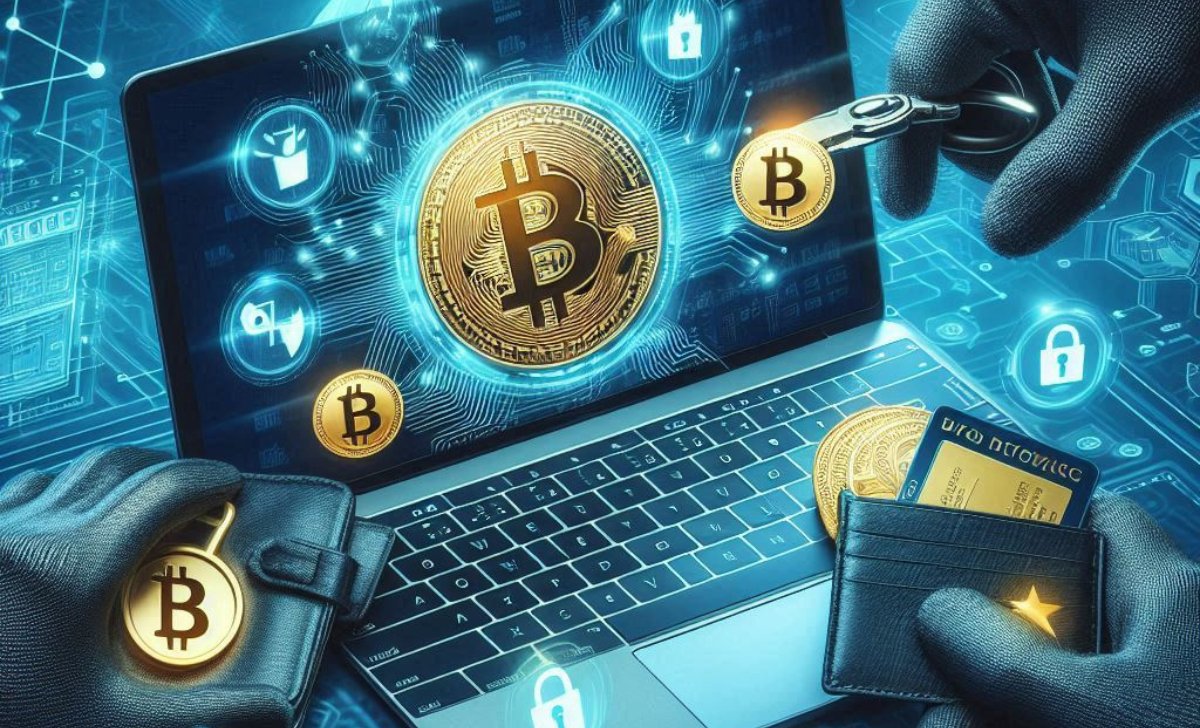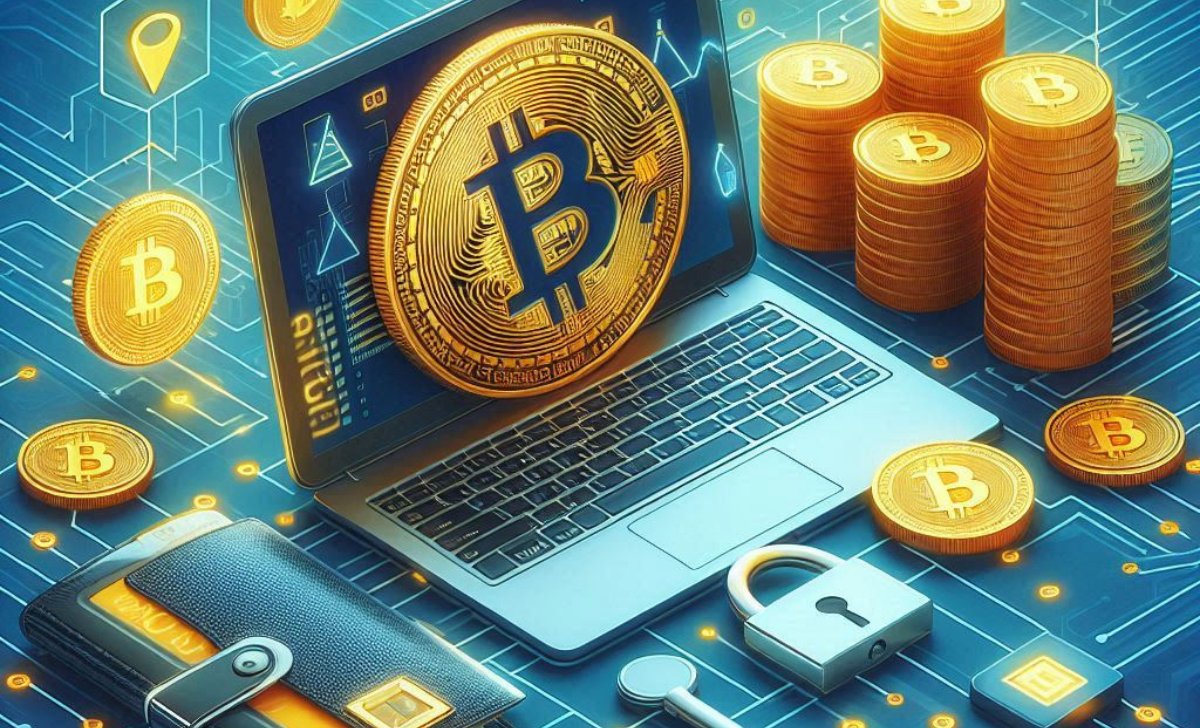# How to Protect Your Crypto Wallet from Hackers and Scams
**Cryptocurrency is revolutionizing the financial world, but with great opportunity comes great risk. Cybercriminals are constantly developing new ways to hack wallets and scam investors. If you want to safeguard your digital assets, understanding security best practices is crucial.**
In this article of **[TopCoin9](https://topcoin9.com)**, we believe that every crypto holder should have the knowledge to protect their investments from threats.
# Understanding Crypto Wallets and Why They Are Targeted

A crypto wallet is a digital tool that allows users to store, send, and receive cryptocurrencies. There are two main types, hot wallets (connected to the internet) and cold wallets (offline storage). While hot wallets offer convenience, they are also more vulnerable to cyberattacks, making them a primary target for hackers.
Cybercriminals use various techniques to compromise **[crypto wallets](https://topcoin9.com/best-crypto-wallet/)**, from phishing attacks to malware infections. Without proper security measures, your funds could be at risk. That’s why it’s essential to stay informed and take proactive steps to protect your crypto wallet.
# Common Crypto Wallet Threats

Cybercriminals use various tactics to exploit vulnerabilities in crypto wallets. Here are some of the most common threats you should be aware of:
* **Phishing Scams:** Phishing scams trick users into revealing their private keys or login credentials. Hackers create fake websites that mimic legitimate crypto exchanges or wallet providers, luring users to enter sensitive information.
* **Malware and Keyloggers:** Malicious software can secretly record keystrokes or steal wallet information. If your device is infected with malware, hackers can gain access to your wallet and drain your funds.
* **SIM Swapping Attacks:** In a SIM swap attack, hackers take control of your phone number by tricking your mobile provider. Once they gain access, they can bypass two-factor authentication (2FA) and steal your crypto.
* **Social Engineering Attacks:** Hackers often use psychological tricks to manipulate victims into giving away sensitive information. They may pose as customer support agents or trusted individuals to gain access to your wallet.
In addition, you can also refer to some related articles such as: **[Best Crypto Wallets for Bitcoin and Ethereum](https://pastelink.net/6ltgcgvb)**.
# Essential Tips to Secure Your Crypto Wallet

Taking proactive security measures is the best way to protect your crypto assets from hackers and scams. Here are some essential tips to keep your wallet safe:
**Use a Hardware Wallet (Cold Storage)**
A hardware wallet, like Ledger or Trezor, is one of the safest ways to store cryptocurrency. Since these wallets are offline, they are immune to online hacking attempts. Always buy hardware wallets from official sources to avoid counterfeit products.
**Enable Two-Factor Authentication (2FA)**
Two-factor authentication adds an extra layer of security to your wallet. Instead of relying on SMS-based 2FA, use authenticator apps like Google Authenticator or Authy, which are more secure.
**Keep Your Private Keys Secure**
Your private key is the most important piece of information for accessing your wallet. Never share it with anyone, and store it in a secure location, such as an encrypted USB drive or a hardware wallet.
**Be Cautious of Phishing Scams**
* Always double-check URLs before entering login credentials.
* Never click on suspicious links sent via email or social media.
* Use browser extensions like MetaMask or EAL (Ethereum Anti-Phishing) to detect phishing sites.
**Regularly Update Wallet Software and Use Strong Passwords**
* Keep your wallet software and applications up to date to patch security vulnerabilities.
* Use a strong password with a mix of uppercase, lowercase, numbers, and symbols.
* Consider using a password manager to store complex passwords securely.
**Use a Secure Internet Connection**
Avoid accessing your wallet over public Wi-Fi networks, as they can be vulnerable to cyberattacks. If you must use public internet, always connect through a VPN (Virtual Private Network) for added security.
# What to Do If Your Crypto Wallet Is Compromised?

If you suspect your wallet has been hacked, take immediate action:
* Transfer remaining funds to a secure wallet as soon as possible.
* Change your wallet passwords and enable additional security measures.
* Contact your wallet provider or exchange for assistance.
* Report the incident to cybersecurity organizations and law enforcement.
# Conclusion
Securing your crypto wallet requires a proactive approach. By using a hardware wallet, enabling 2FA, protecting your private keys, and being aware of common scams, you can minimize risks and keep your digital assets safe. At TopCoin9, we emphasize the importance of crypto security because protecting your assets starts with the right knowledge and tools.